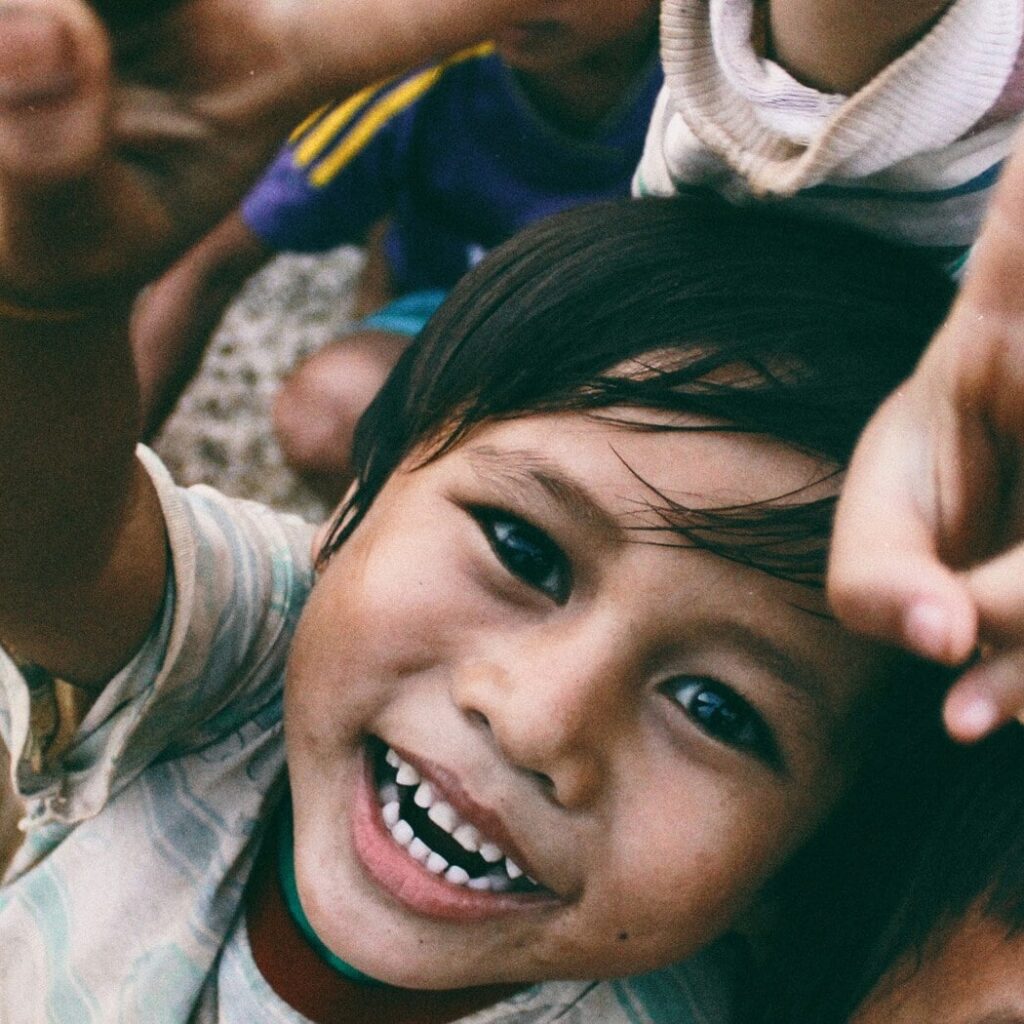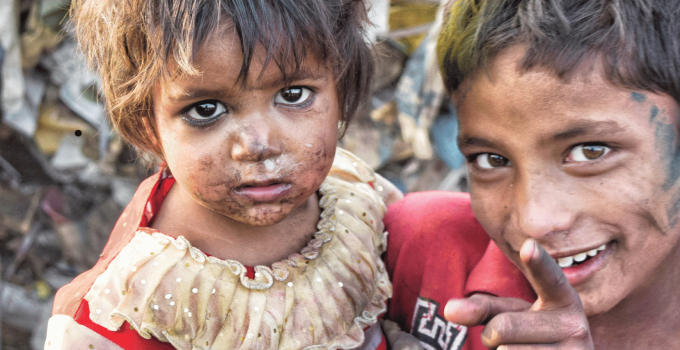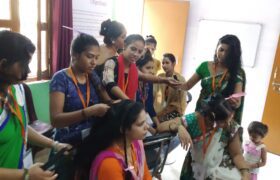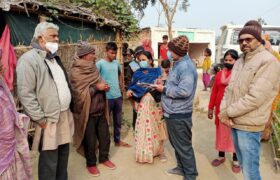Child Adoption in India is not merely a legal process; it is a compelling way of providing love, security, and family to abandoned, orphaned, or surrendered children. There are thousands of such children in India who live in child care institutions, hoping for a forever family, and countless couples and single parents yearn for parenthood. But because of ignorance and misinformation, the adoption process remains daunting and bewildering. This is where the Central Adoption Resource Authority (CARA) comes into the picture. As the nodal agency of the Ministry of Women and Child Development, Government of India, CARA helps make the process of adoption transparent, ethical, and child-friendly.
In this blog, we are going to cover all that you might want to know about Child Adoption in India, such as eligibility criteria, step-by-step procedure, legal formalities, and significant guidelines released by CARA. Whether you are a prospective adoptive parent or just someone who is interested in knowing how things work with adoption in India, this detailed guide will aid you in achieving clarity and confidence during the process.
Child adoption in India is not about giving a child a mere home but about giving him a life of opportunity, joy, and belonging, and the process and guidelines by CARA set the benchmark for a transparent, moral, and safe journey.
Understanding Child Adoption in India
What is CARA?
CARA’s Mission and Legal Framework
The Central Adoption Resource Authority (CARA) is important in facilitating the regulation of child adoption in India by ensuring that each child gets a loving, secure, and permanent family. Operating under the Juvenile Justice (Care and Protection of Children) Act, 2015, CARA adheres to stringent legal protocols aimed at avoiding illegal adoption and safeguarding the rights of children. CARA aims to advocate for the best interests of the child in each adoption.
Who Can Adopt in India?
Eligibility Criteria for Prospective Adoptive Parents (PAPs)
- Must be physically, mentally, and emotionally stable.
- Should not have life-threatening medical conditions.
- Should be able to offer a home that is nurturing and warm, where a child feels safe, truly cherished, and loved unconditionally.
- Age and Marital Status Requirements
- A single woman, led by love and determination, enjoys the freedom to welcome a child into her life, be it a boy or a girl.
- Only male children can be adopted by single men.
- In the case of married couples, both the husband and wife should consent.
- There is at least a 25-year age difference between the child and the adoptive parent.
- LGBTQ+ Adoption: There has been some progress, but same-sex couples still face legal and systemic barriers in India. However, single individuals within the LGBTQ+ community do have the legal right to adopt.
Types of Adoption in India
In-country Adoption
This is the term for child adoption in India by Indian citizens. It is processed through CARA and its network of Specialised Adoption Agencies (SAAs).
Inter-country Adoption
This is for Non-Resident Indians (NRIs), Overseas Citizens of India (OCIs), and foreign nationals. CARA coordinates with authorised foreign adoption agencies.
Relative and Step-parent Adoption
Legal provisions allow for relatives or step-parents to adopt under certain conditions; these do not always follow the standard protocol of CARA, but require court approval for a child adoption in India.

Step-by-Step Adoption Process under CARA
Step 1: Registration
Begin the journey of parenthood by registering your intent to adopt on CARA’s official portal. A small click at www.cara.wcd.gov.in could lead to a lifetime of love and belonging for child adoption in India.
Step 2: Home Study Report (HSR)
A licensed social worker visits your home, assessing your readiness. The Home Study Report is a critical step that validates your ability to care for a child.
Step 3: Referral and Child Matching
The website portal will introduce you gently to children who are legally free for adoption, each having a silent hope for a loving home. If a child’s face touches your heart, you can reserve your intent and visit the Specialised Adoption Agency (SAA) to meet them, starting the bonding that could last a lifetime.
Step 4: Acceptance and Pre-adoption Foster Care
If you bond with the child and are confident, you sign the acceptance letter and take the child under pre-adoption foster care.
Step 5: Legal Procedures and Court Order
A plea from the heart is made before the District Court/District Magistrate, and now, the last step will be taken to turn love into law. Once the court gives its assent, you are not only emotionally but also legally embraced as the child’s forever parent.
Step 6: Post-Adoption Follow-up
CARA requires periodic follow-ups by social workers after adoption to ensure the child is healthy and well-cared-for.
Documents Required for Child Adoption in India
- Identity proofs (Aadhaar, PAN, Passport)
- Address proof
- Income certificates or IT returns
- Medical fitness certificate
- Photographs
- Marriage certificate (for couples)
- Cost of Adoption in India (Fees Charged by SAAs)
In-country adoption: ₹40,000
Inter-country adoption: approx. $5,000 – $6,000
The payment covers the main components that include document handling, residential care, therapeutic consultation, and follow-up services after child adoption in India.
Challenges Faced During Adoption
Emotional Rollercoaster
Waiting, uncertainty, and fear of rejection-adoption are so full of very strong emotions. It’s necessary to be hopeful and patient.
Systemic Delays
Due to heavy demand and a limited number of legally free children, the process can take 6 months to 3 years.
Societal Perception
Unfortunately, adoption still carries stigma in some circles. But change begins with awareness and open hearts.
Emotional and Psychological Aspects
Bonding with the Child
Of course, it will not happen overnight. Love blooms in quiet moments. Trust is established gradually: per day, with shared smiles and patient hearts, in the comfort of everyday care.
Supporting Adoptive Parents
Counselling and support groups can help adoptive parents get through emotional ups and downs.
Helping Children Understand Adoption
Open conversations, age-related books, and honesty help the child to accept themselves.
Adoption for NRIs and Foreigners
The NRIs, OCIs, and foreigners have to adopt through AFAAs in their respective countries. CARA works in close cooperation with these agencies for proper documentation and home studies throughout the process of child adoption in India.
Rights of Adoptive Parents and Adopted Children
Legal Security
The NRIs, OCIs, and foreigners have to adopt through AFAAs in their respective countries. CARA works in close cooperation with these agencies for proper documentation and home studies.
Emotional Well-being
Every child is entitled to love, dignity, and acceptance; adoption gives them that opportunity.
Success Story
A Cradle of Hope — The Journey of Baby Anaya ( Name Imaginary)
Let’s know how the process of child adoption in India is through this story: In a quiet rural village of Saran district, a newborn baby girl was found abandoned near a roadside, underneath a blanket on a cold winter morning. The infant was barely a few days old and had been discovered by a local villager who immediately informed Childline Services, Saran (1098). The Childline team rushed to the spot, rescued the weak, undernourished baby who was crying incessantly, and took her for immediate medical attention.
The Childline team provided emergency care, wrapping the infant with warm clothes and taking her to the nearest hospital for immediate medical attention. After ensuring her safety, the matter was produced before the Child Welfare Committee (CWC), Saran, the same day, for necessary orders under the Juvenile Justice (Care and Protection of Children) Act, 2015.
Considering the baby’s extreme vulnerability and lack of parental care, the CWC declared her a child in need of care and protection. The Committee ordered that she be placed in a Specialised Adoption Agency (SAA) for continued care, medical supervision, and nurturing.
Over the subsequent months, the baby, whom the staff had christened Anaya, gained strength and started responding to her medical treatment and care with loving attention. Soon, her laughter resonated in the nursery, ultimately a sign of a new beginning.
After the CWC declared her legally free for adoption, the SAA, with the help of CARA, matched the child Anaya with a couple who had long wanted to adopt a child. Following the due course of required legal formalities and home study reports, Anaya was put into pre-adoption foster care and finally placed in a loving family through the adoption procedure.
Today, Anaya leads a happy, cared-for life in her new home. According to her adoptive parents, she is “the blessing that completes their family.” With every smile, she stands tall as a beacon of hope, a fine example of compassion, timely intervention, and the joint effort put in by Childline, CWC, and the adoption system.
How Society Can Support Adoption
- Speak positively about adoptive families
- Normalise adoption in education and media
- Providing emotional support and inclusion
- Myths and Facts About Adoption
- Myth: Adopted children are “different.”
- Fact: They are children full of potential and love.
- Myth: Biological parenting is better.
- Fact: Good parenting comes from the heart, not genes.
Conclusion
Adoption is not about “rescuing” a child; it’s about building a family. A forever family based on commitment, love, and faith, not blood. Remember that when adopting a child, you’re not just changing the life of that child, but you are also changing yours tremendously. In this adoption process, our organisation can really help you.












